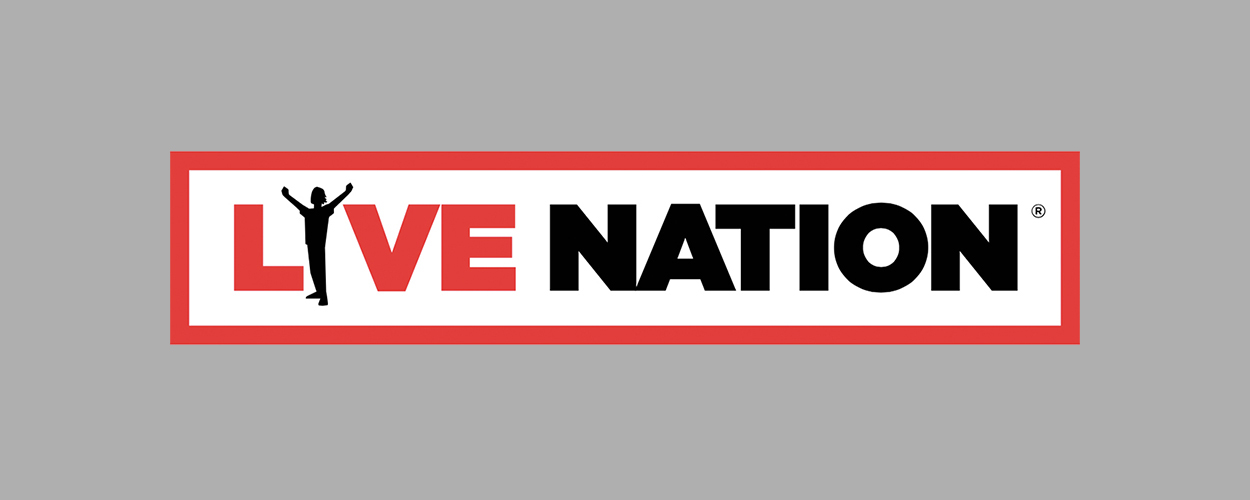This website uses cookies so that we can provide you with the best user experience possible. Cookie information is stored in your browser and performs functions such as recognising you when you return to our website and helping our team to understand which sections of the website you find most interesting and useful.
Business News Live Business Top Stories
Live Nation stresses optimism about 2021 as it reports 98% revenue slump during COVID-19 shutdown
By Chris Cooke | Published on Thursday 6 August 2020

Live Nation’s gloomy financial update yesterday came as no surprise, but did reaffirm just how big an impact the COVID-19 shutdown has had on live entertainment, with the live giant’s revenues for quarter two down a massive 98% year-on-year. However, the company’s big two messages for investors were that Live Nation has the cash and credit to weather the storm, and that music fans the world over are eager to fill venues and pack out festivals once again in 2021.
But first the gloom. Revenues for the second quarter of 2020 were $74 million, down from $3.2 billion in the same period in 2019. Overall Live Nation reported a net loss of $568 million for the three month period, compared to a $172 million profit the previous year.
So no fun at all really. But Live Nation bosses were keen to bring some optimism to the table with some forward-looking stats. 86% of consumers have kept hold of their tickets for rescheduled shows instead of opting for a refund, while in the festival space – where the outlay for the consumer is usually higher – two thirds have still opted to keep their tickets for 2021 editions. And nineteen million tickets have already been sold for 4000 shows next year.
In a statement to investors, Live Nation boss Michael Rapino said: “We remain confident that fans will return to live events when it is safe to do so. Our strongest indicator of demand is that fans are holding on to their tickets, even when given the option of a refund. Through the end of the second quarter, 86% of concert fans are keeping their tickets for rescheduled shows, demonstrating their continued desire to attend concerts in the future despite the current uncertainty”.
Plus, he was keen to add, Live Nation has also been seeking to cash in on the recent lockdown-caused rise in live concert streaming. “Virtual concerts have proven to be in huge demand with fans”, he said, “so we established the Live From Home platform to provide a convenient place for fans of all types to find performances from their favourite artists”.
And, Rapino added, live streaming finally coming of age during the COVID-19 shutdown could as yet deliver long-term benefits for the company. “Given the tremendous popularity of these shows”, he went on, “we are seeing the potential for live streaming to become an additional long-term component of our concert business, allowing fans in other cities, or those who can’t attend, to enjoy the concert as well”.
Beyond any long-term interest in live-streaming, COVID-19 could well strengthen Live Nation long-term in other less positive ways. In that if a significant number of independent live music companies go out of business as the shutdown extends, once things do get going again Live Nation – already a dominant force – will be even more dominant.
That said, the company’s optimism yesterday was very much based on shows and festivals resuming at a decent level in 2021. Which they may well do. Though an increasing number of people are starting to consider that the impact of COVID on live entertainment could be felt for much of next year too. To quite what level – and to what extent that would dampen Live Nation’s optimism – remains to be seen.
Of course, while the live industry has been put into full-on shutdown by COVID-19, the content side of the music industry is somewhat more resistant, mainly because the biggest recorded music revenue stream is now premium streaming subscriptions, which have continued to rise.
That said, record labels and music publishers are not entirely immune, as proven by the recent quarterly financial updates from all three majors. Physical sales took a hit as the high street closed down, plus licensing income from ad-funded platforms and media, sync clients and other businesses that use music will all be affected.
That was already apparent in the majors’ quarter two financials, plus some of that negative impact will be slightly delayed given the time it can take for monies to flow through the collective licensing system, which is employed in some of those areas.





